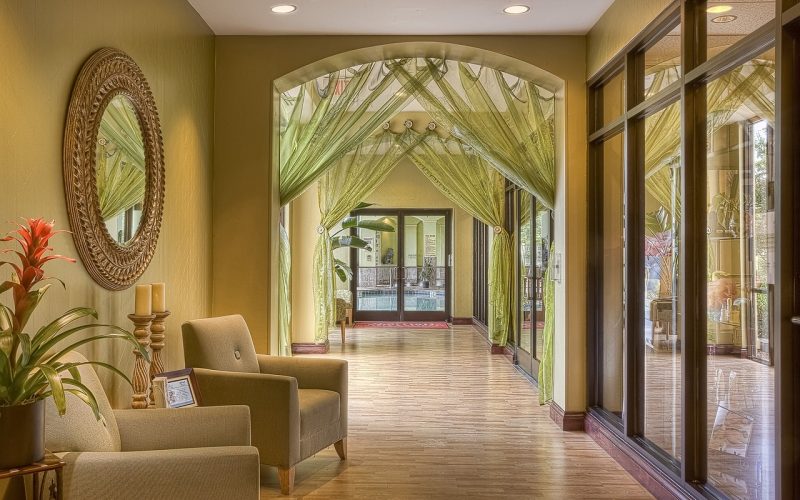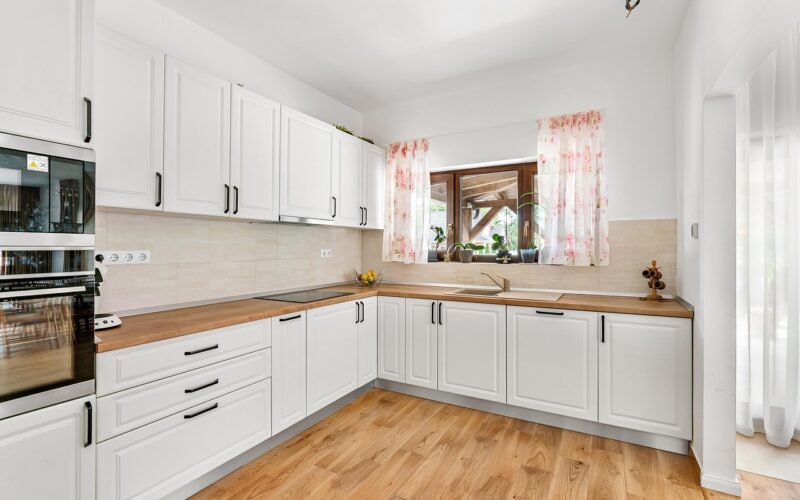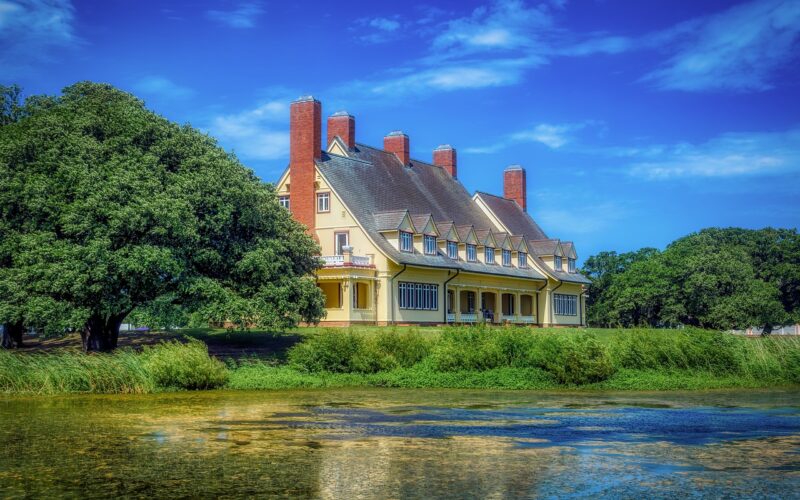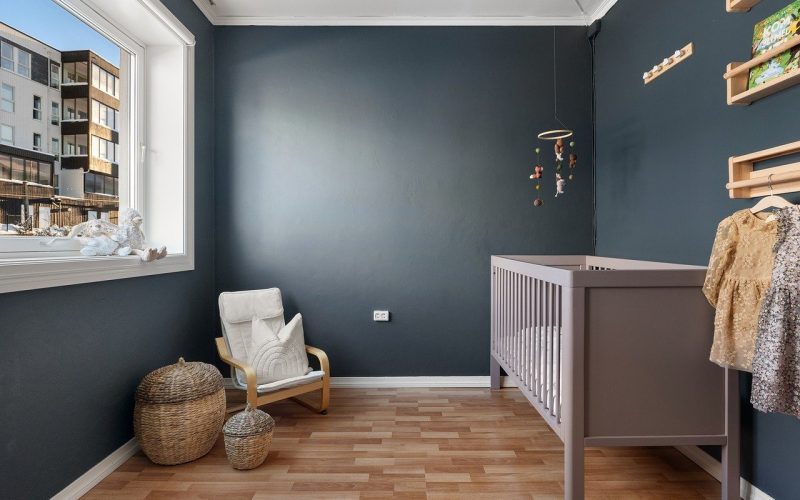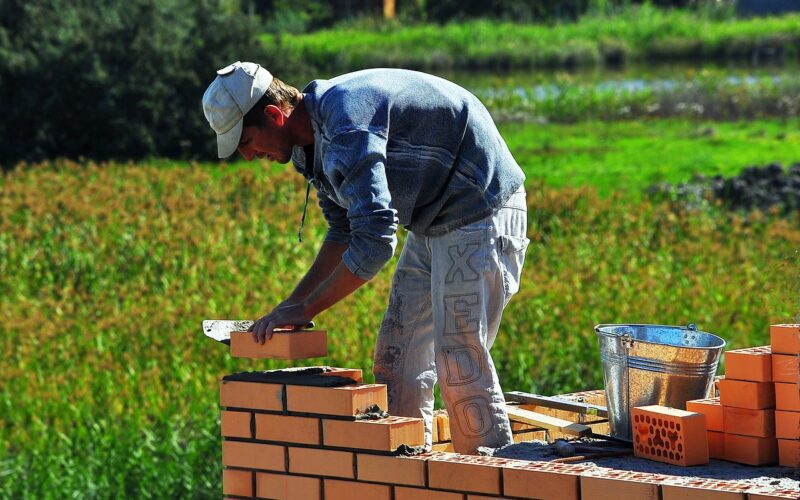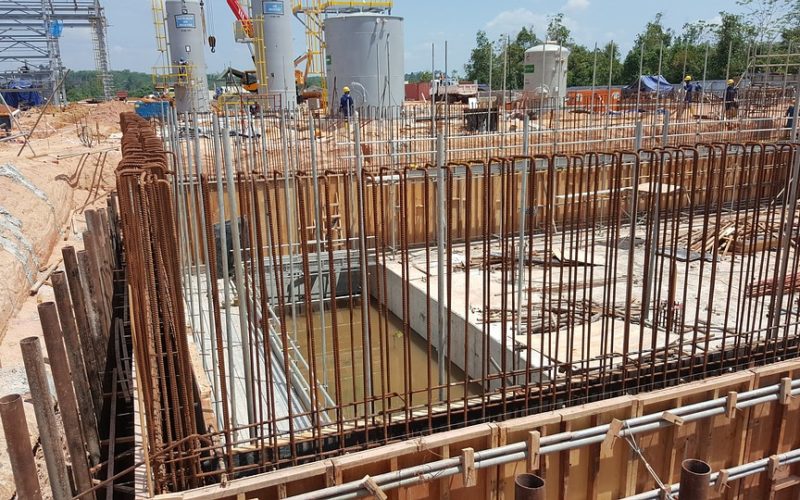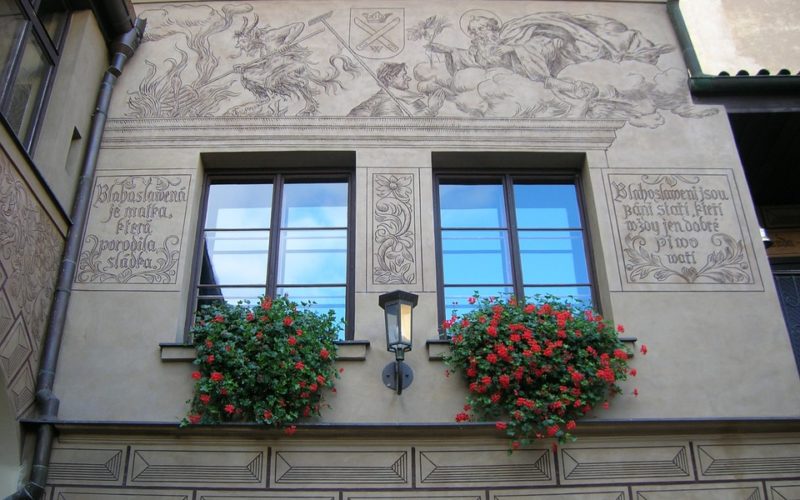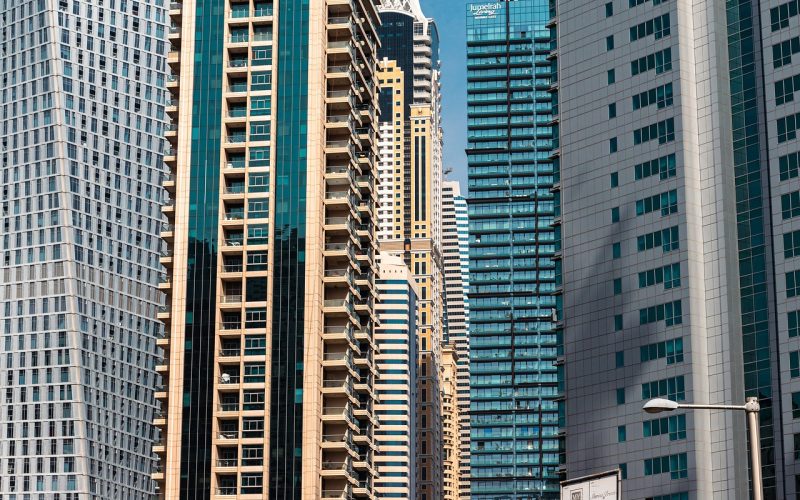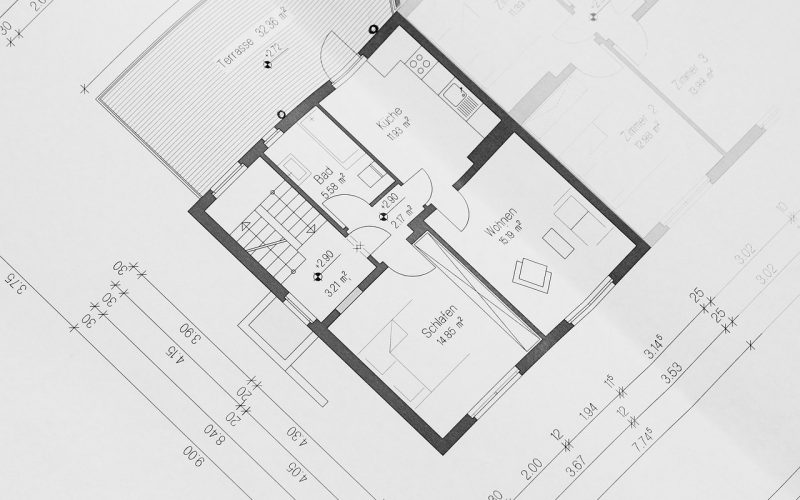From Unloved Building To Beautiful Boutique
Converting a disused warehouse into a hotel is an ambitious yet rewarding project that can breathe new life into an underutilised space. With careful planning and execution, this transformation can result in an attractive, functional, and highly profitable venture. Let's explore the key steps involved in this unique process.
Understanding the potential of the space
Before embarking on the conversion, it's crucial to assess the warehouse's potential. This involves evaluating the building's structural integrity, location, and suitability for conversion. Warehouses often boast high ceilings, open floor plans, and industrial charm, which can be creatively repurposed into unique hotel features. Conducting a thorough inspection with the help of architects and engineers will ensure that the space meets all safety and compliance standards.
Planning the layout and design
Once the initial assessment is complete, the next step is to plan the layout and design of the hotel. This stage requires a clear vision of the hotel's concept and target market. A well-thought-out design should incorporate ample guest rooms, common areas such as lobbies and lounges, dining facilities, and recreational spaces. The open floor plans typical of warehouses offer great flexibility in design, allowing for innovative configurations and the creation of distinct guest experiences.
Prioritising guest comfort and amenities
A key factor in the success of any hotel is the comfort and satisfaction of its guests. Therefore, it's essential to prioritise high-quality amenities and services. One of the most critical aspects of guest comfort is the bathrooms. Ensuring that the bathrooms are modern, spacious, and equipped with premium fixtures will significantly enhance the guest experience. Hiring an experienced bathroom fitter can help achieve a seamless and professional installation, ensuring that all plumbing and electrical systems are up to standard.
Incorporating sustainable practices
Sustainability is a growing concern in the hospitality industry, and incorporating eco-friendly practices into the hotel conversion can attract environmentally conscious travellers. Consider installing energy-efficient lighting, heating, and cooling systems. Additionally, using sustainable materials in construction and opting for water-saving fixtures in bathrooms can reduce the hotel's environmental footprint. These practices not only benefit the environment but can also result in long-term cost savings.
Navigating legal and regulatory requirements
Transforming a warehouse into a hotel involves navigating various legal and regulatory requirements. These may include obtaining zoning permits, adhering to building codes, and ensuring accessibility for all guests. Working closely with legal advisors and local authorities can streamline this process and prevent potential setbacks. Additionally, meeting industry standards and acquiring necessary certifications will enhance the hotel's credibility and appeal.
Marketing and launching the hotel
Once the conversion is complete, effective marketing is crucial to attract guests and ensure the hotel's success. Developing a comprehensive marketing strategy that highlights the unique features and experiences offered by the hotel can set it apart from competitors. Utilising digital marketing platforms, social media, and partnerships with local businesses can generate buzz and drive bookings. Hosting a grand opening event can also create excitement and provide an opportunity to showcase the transformed space to potential guests and stakeholders.
Converting a disused warehouse into a hotel is a multifaceted project that requires careful planning, creativity, and attention to detail. By understanding the potential of the space, prioritising guest comfort, incorporating sustainable practices, and navigating legal requirements, this transformation can result in a thriving and profitable hotel. With the right approach and a clear vision, a disused warehouse can be reborn as a vibrant destination for travellers.
